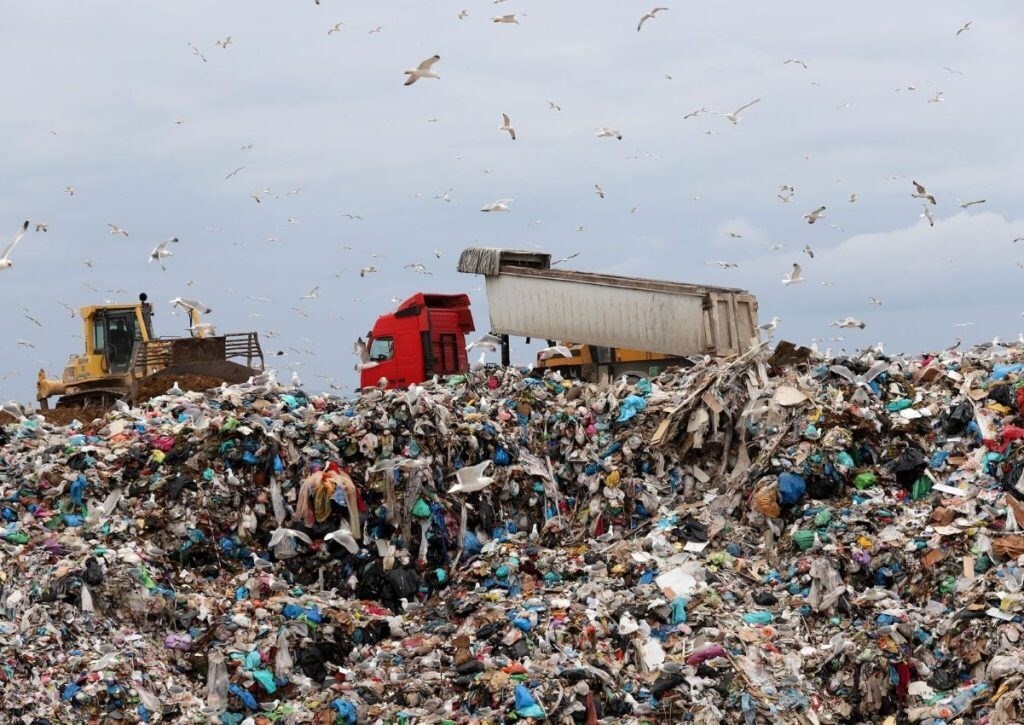您想继续阅读英文文章还
是切换到中文?
是切换到中文?

THINK ALUMINIUM THINK AL CIRCLE

Greece has invested billions of euros in recycling infrastructure and run dozens of awareness campaigns, filling cities with blue bins for plastic and aluminium packaging, green bins for paper, and dedicated collection points for batteries and electrical appliances. Despite this visible push and widespread sorting points across neighbourhoods and retail stores, the country still struggles to shift public habits and landfill dependency.

Yet around 79 per cent of municipal waste is still buried, according to figures from the Association of Recycling and Energy Recovery Industries and Enterprises (SEPAN). Recycling barely reaches 17 per cent, making Greece one of Europe’s weakest performers.
SEPAN president Lena Belsi summed up the contradiction. “Burial is the easiest and cheapest solution in Greece.” She added that the €35 (USD 40) per tonne landfill fee keeps dumping attractive, while “in other EU countries, the landfill fee was the main disincentive that worked.” In Italy, the charge exceeds €100 (USD 115.18) per tonne.
Policy gaps and public mindset
Belsi also flagged behavioural issues. “Citizens take their rubbish outside their house and then think it disappears… Landfilling garbage does great harm to the environment.” The absence of firm penalties for failing to sort waste reinforces this mindset. Many households still mix materials despite having access to separate bins.
Experts say Greece’s challenge is not infrastructure alone. Enforcement, pricing signals, and education are needed. Municipalities struggle to fund modern treatment sites, and procurement delays remain common.
The issue is both systemic and regional, with Athens embodying many of the country’s challenges.
To explore aluminium scrap buying leads, visit alcirclebiz.com
Athens at the centre of the struggle
Attica produces the bulk of national waste, yet recycles only around 15 per cent. The ageing Fili landfill handles about 90 per cent of the region’s rubbish and is nearing capacity. Belsi warned, “If the problem of Attica is not solved… it will not be enough to improve the overall picture of Greece.”
Delays to new plants risk pushing the capital towards a waste-management crisis. Urban density and tourism spikes compound the pressure.
Islands offer a glimpse of the future
Tilos proves a different model works. Through its Just Go Zero programme, the island recycles over 85 per cent of waste. Pilot efforts in Paros, Antiparos, Naxos and Alonissos follow suit. But isolated successes cannot shift national statistics.
Greece has until 2030 to move towards the EU’s 70 per cent recycling target. Faster licensing for recycling facilities and tougher compliance checks could close the gap.
To know more about aluminium recycling trends and market, download: World Recycled ALuminium Market Analysis Industry forecast to 2032
Responses








